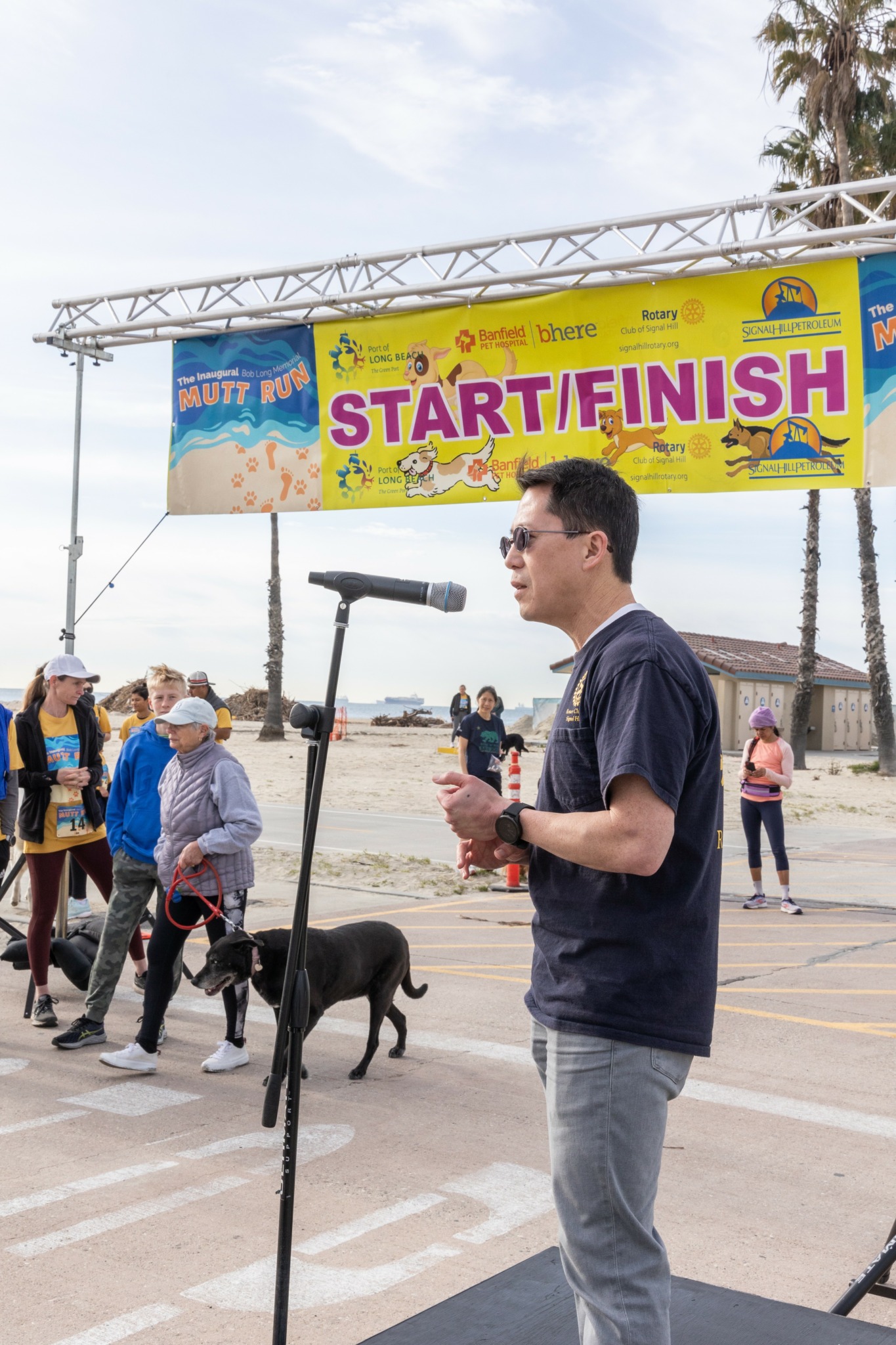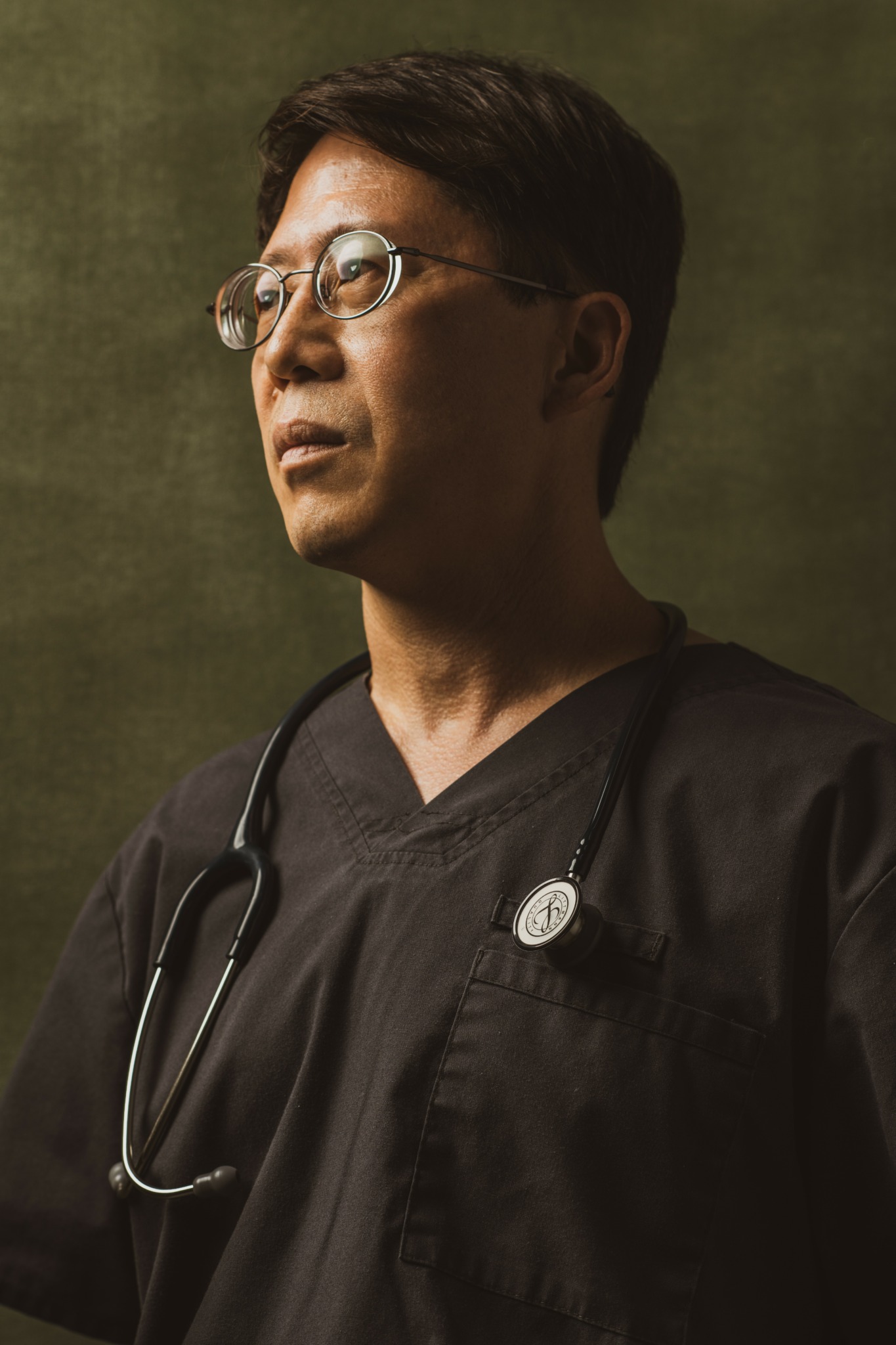We recently connected with Leslie Young and have shared our conversation below.
Leslie, thanks for joining us, excited to have you contributing your stories and insights. What was your school or training experience like? Share an anecdote or two that you feel illustrate important aspects or the overall nature of your schooling/training experience.
To be competitive as a college applicant, I studied diligently in high school, taking the most challenging coursework and excelling at it. My journey, however, began with a significant disadvantage—I did not understand English until I was 13 years old. When my family immigrated to the United States from Taiwan, I had to quickly master a second language and catch up with my peers. The language barrier and culture shock instilled in me a mindset of perseverance and overcoming obstacles.
After the hard work of high school, college felt relatively easy. I attained the highest academic achievements among my peers, but little did I know the true challenge awaited me in medical school.
Those four years were the most difficult of my life. Instead of competing against one another, my classmates bonded over the shared stress, sleep deprivation, and relentless demands. Among them was one student with an alleged photographic memory. Ironically, he was the first to leave medical school. His natural ability had shielded him from ever needing to work hard, and when faced with the overwhelming volume of material, he gave up quickly.
That experience taught me a lasting truth: the foundation of success is not talent, but hard work.
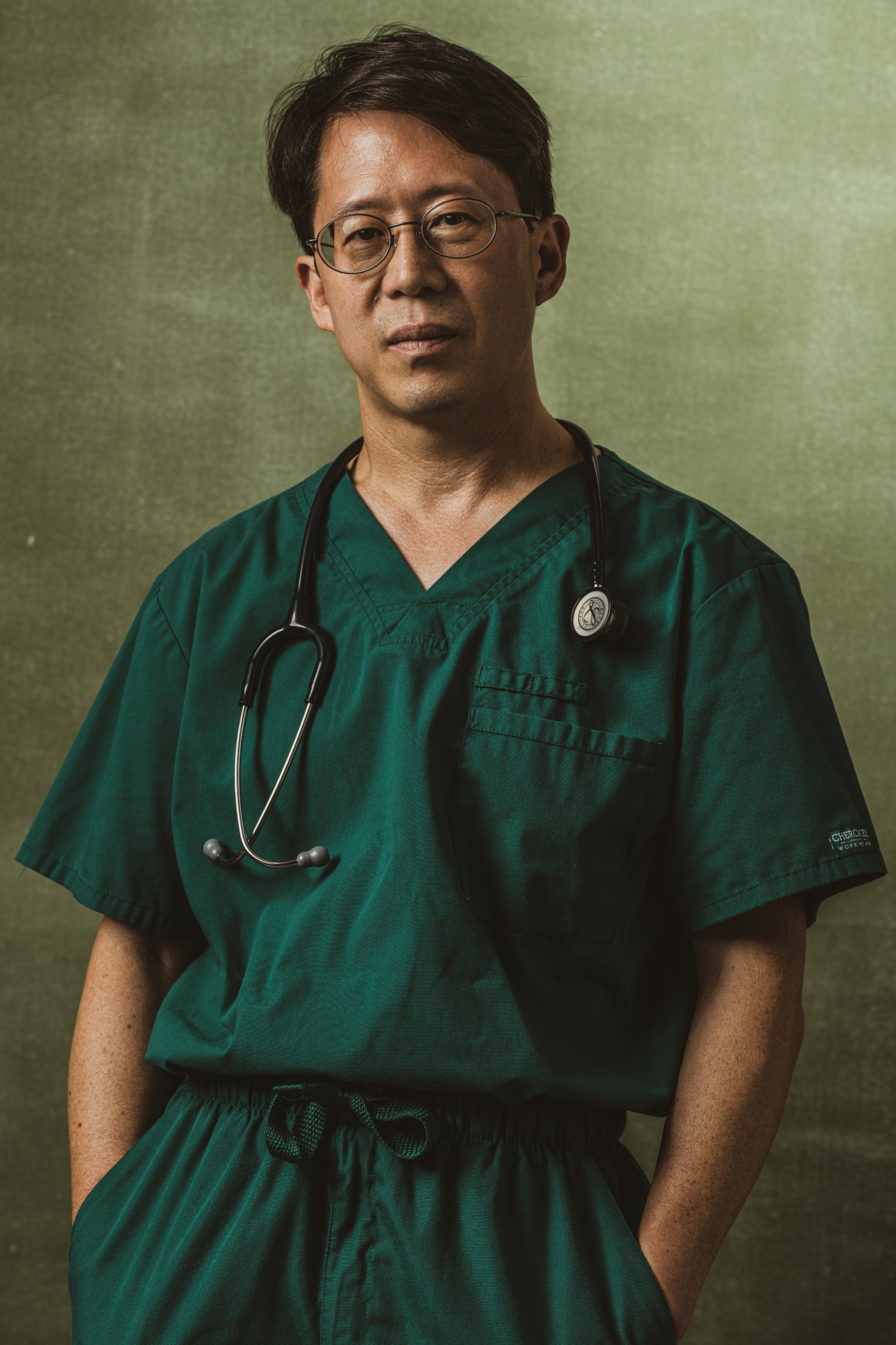
Awesome – so before we get into the rest of our questions, can you briefly introduce yourself to our readers.
I always knew I wanted to be a pediatrician. As a sickly child, I spent much of my time in doctors’ offices. I suffered from severe eczema and was even hospitalized for a serious skin infection. Naturally, the doctors and nurses who cared for me became my role models, and I aspired to play that same role for other sick children.
Since 2007, I have specialized in helping children with ADHD. I often meet families at their most desperate moments, after failed school accommodations and unsuccessful private tutoring. Even though my role may seem small in the broader course of a child’s life, the change can be transformative—and I am grateful to witness such powerful, sometimes sudden, improvement.
My work begins with the initial assessment, when parents notice their child is falling behind or struggling behaviorally. After a comprehensive evaluation, I explain the nature of ADHD and collaborate with families to create a concrete plan to make life easier for the child. Active listening and the ability to empathize with both parents and children are essential skills that allow me to build deep trust and connection with each patient.
In today’s era of social media and online videos, I have adapted my patient handbook into concise YouTube videos, recorded in both English and Mandarin Chinese. This allows me to broaden my audience and maximize the impact of my knowledge, reaching families far beyond my immediate practice.
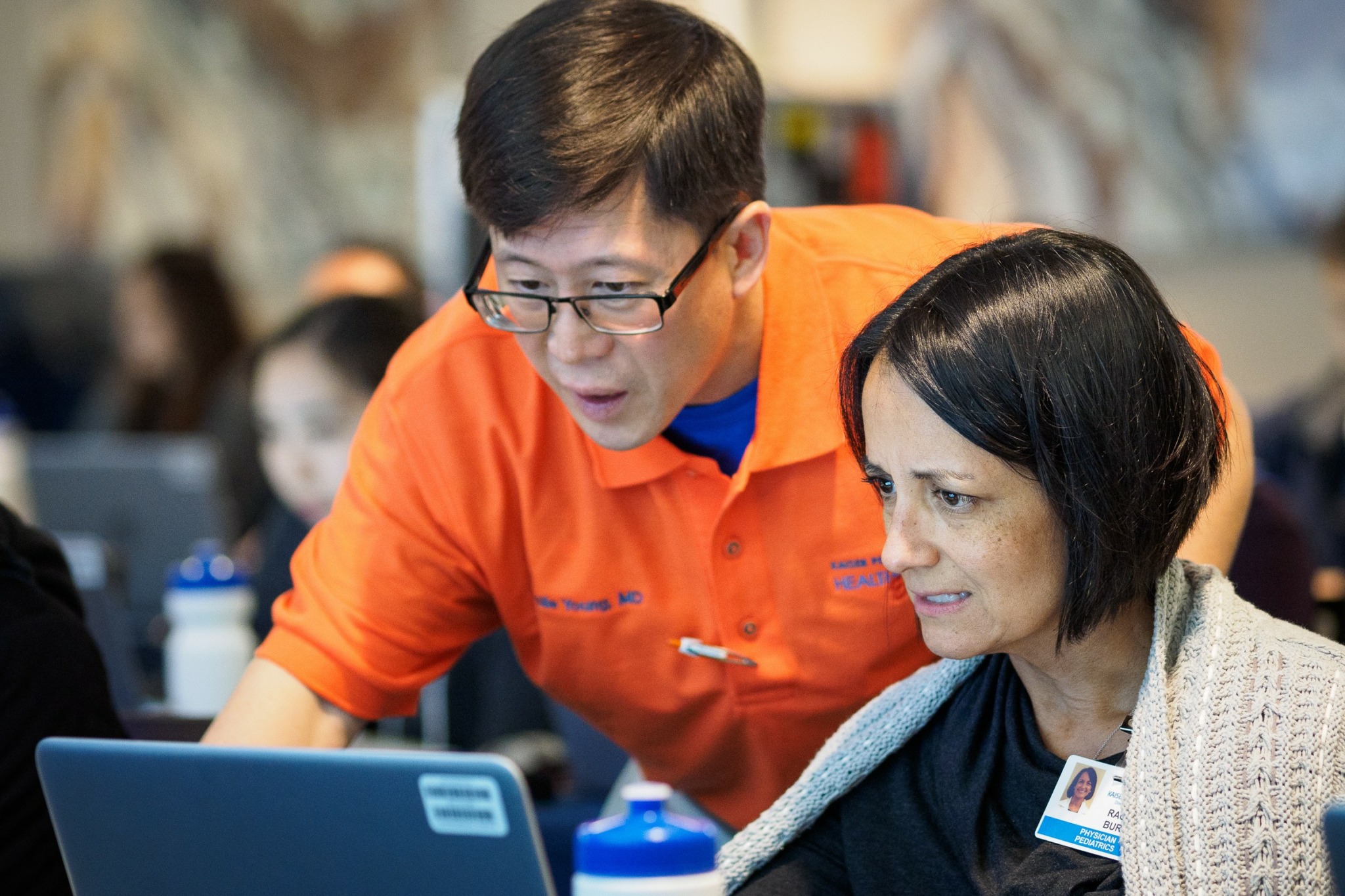
How about pivoting – can you share the story of a time you’ve had to pivot?
The pandemic brought unanticipated changes to all of our lives, and frontline workers felt the impact most intensely. After years of stress and disruption, I found myself tired and jaded. When I heard about an opportunity in commercial aviation, I jumped at it. Nearly all of my relatives are aviators, and I had always been the “black sheep” of the family.
Believing it was my destiny to fly, I left my medical career and began training to become a pilot. I immersed myself in the theory and logistics of aviation while racking up hours of flight experience. I passed both the medical examination and the written knowledge test, and I was preparing for my first solo flight. But then I hit a plateau—I struggled to consistently land the plane safely, and after several close calls, I realized my progress had stalled. I trained for a year before I made the difficult decision to abort my mission and return to medicine.
In a perfect world, with unlimited time and resources, I would continue my training. But I am also responsible for supporting my family, and it would have been reckless to devote our resources to the high cost of aviation. Failure is often the prerequisite for future success, but I also learned that sometimes, from a practical perspective, failure is an acceptable option.
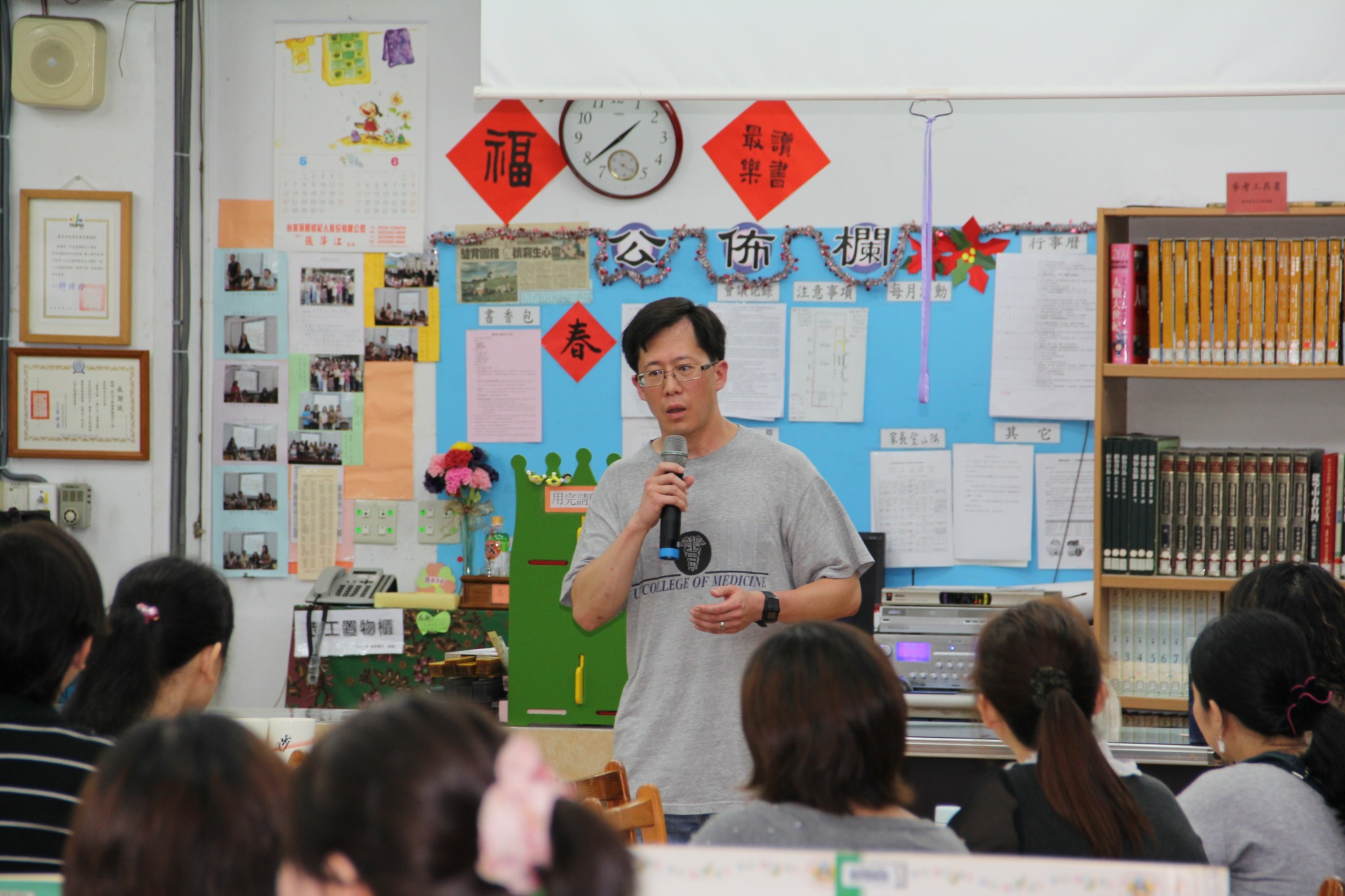
If you could go back, would you choose the same profession, specialty, etc.?
I have no regrets in choosing a specialty devoted entirely to children. Not only are they invariably full of charm and potential, but their futures seem limitless. I also have the privilege of working with the best advocates for my patients—their parents. While young children may not always communicate effectively, parents often serve as insightful historians, helping to clarify concerns and reduce bias. Best of all, I get to witness these children grow, mature, and step into their destinies—a privilege that continues to inspire me every day.
Contact Info:
- Website: https://www.signalhillrotary.org/
- Instagram: https://www.instagram.com/llyoungmd/
- Youtube: https://www.youtube.com/@ADHDDoc
- Yelp: https://www.yelp.com/user_details?userid=XvxUy5dWgfTKHFmBvbi3vw
